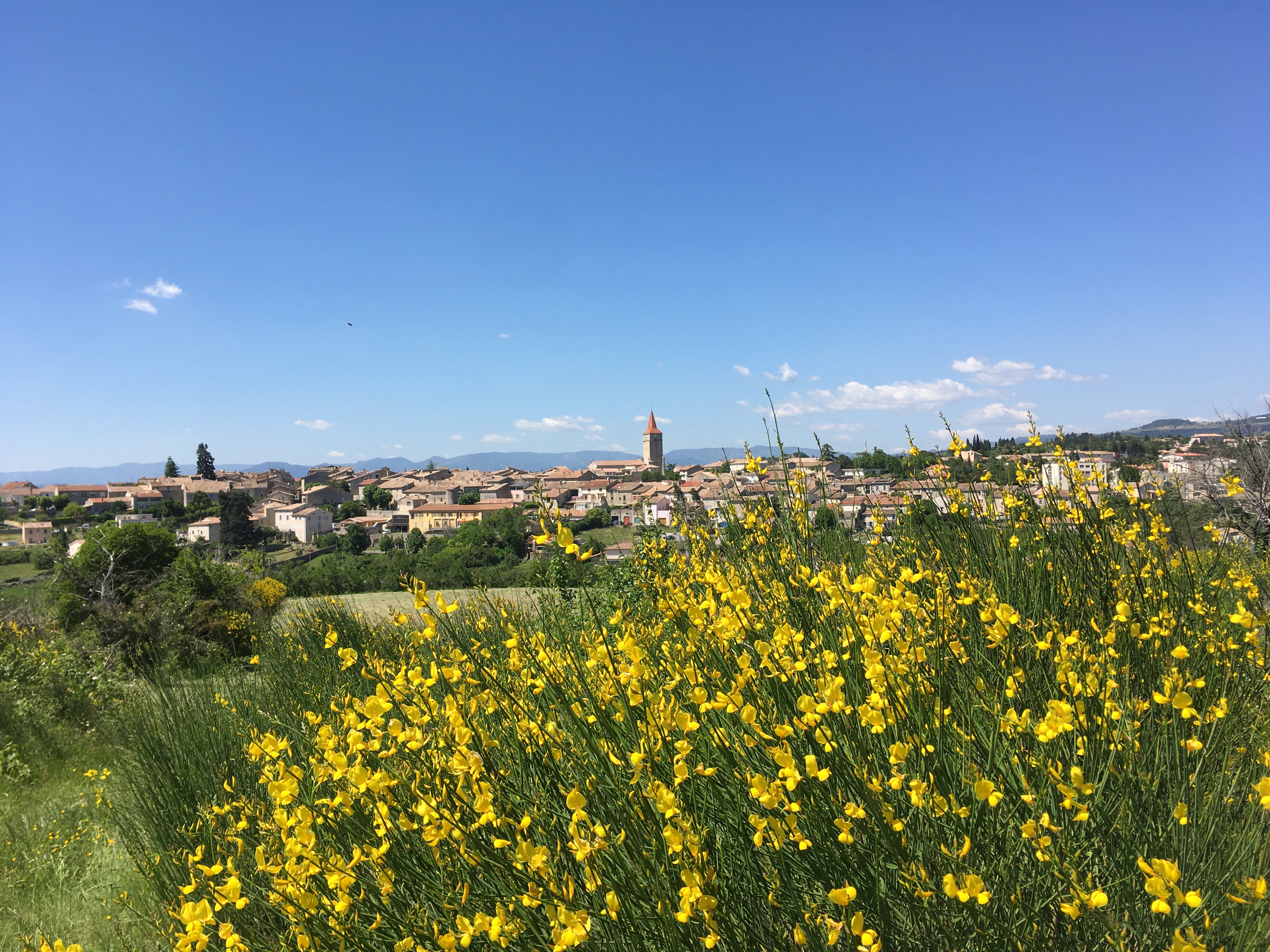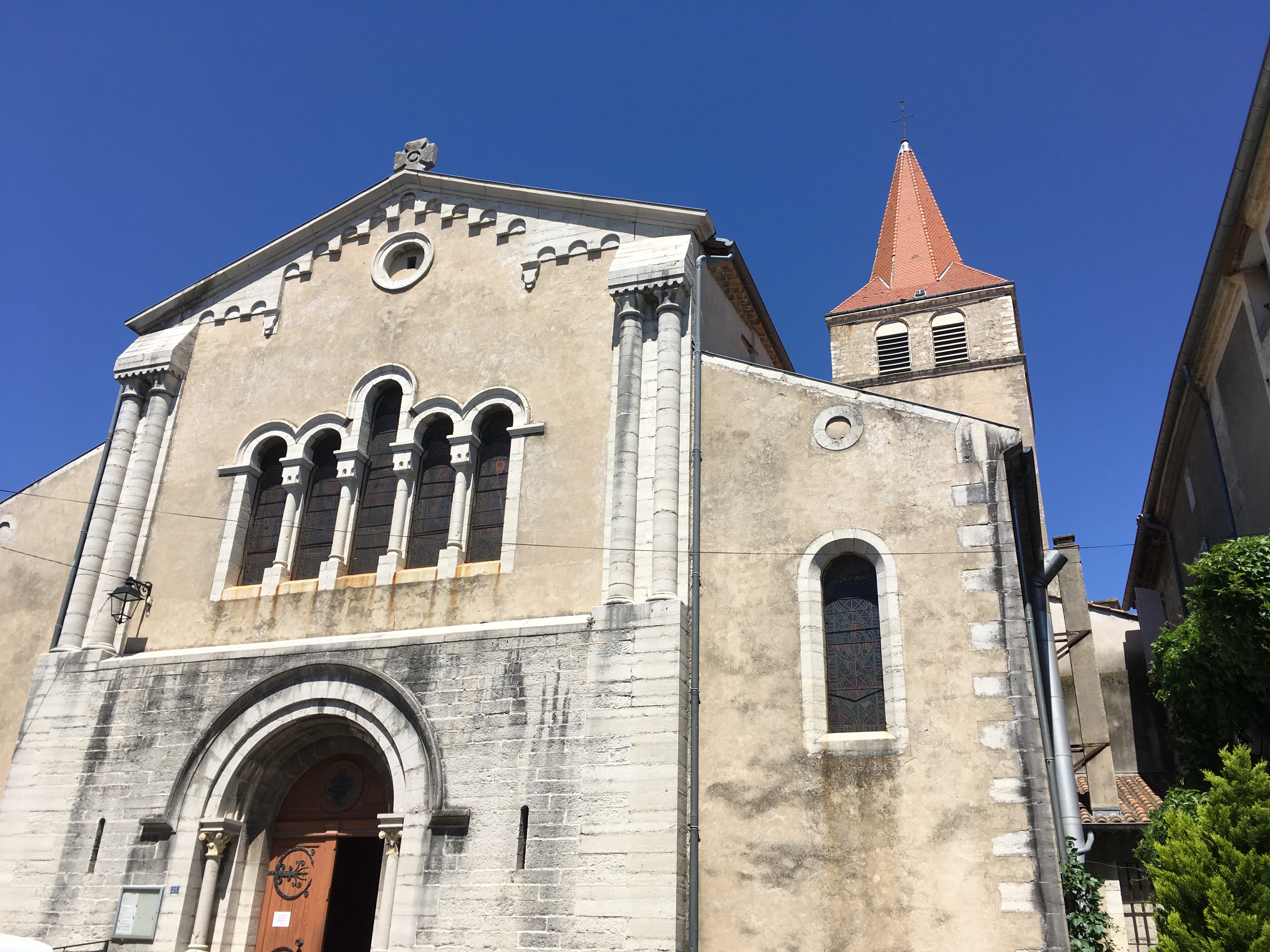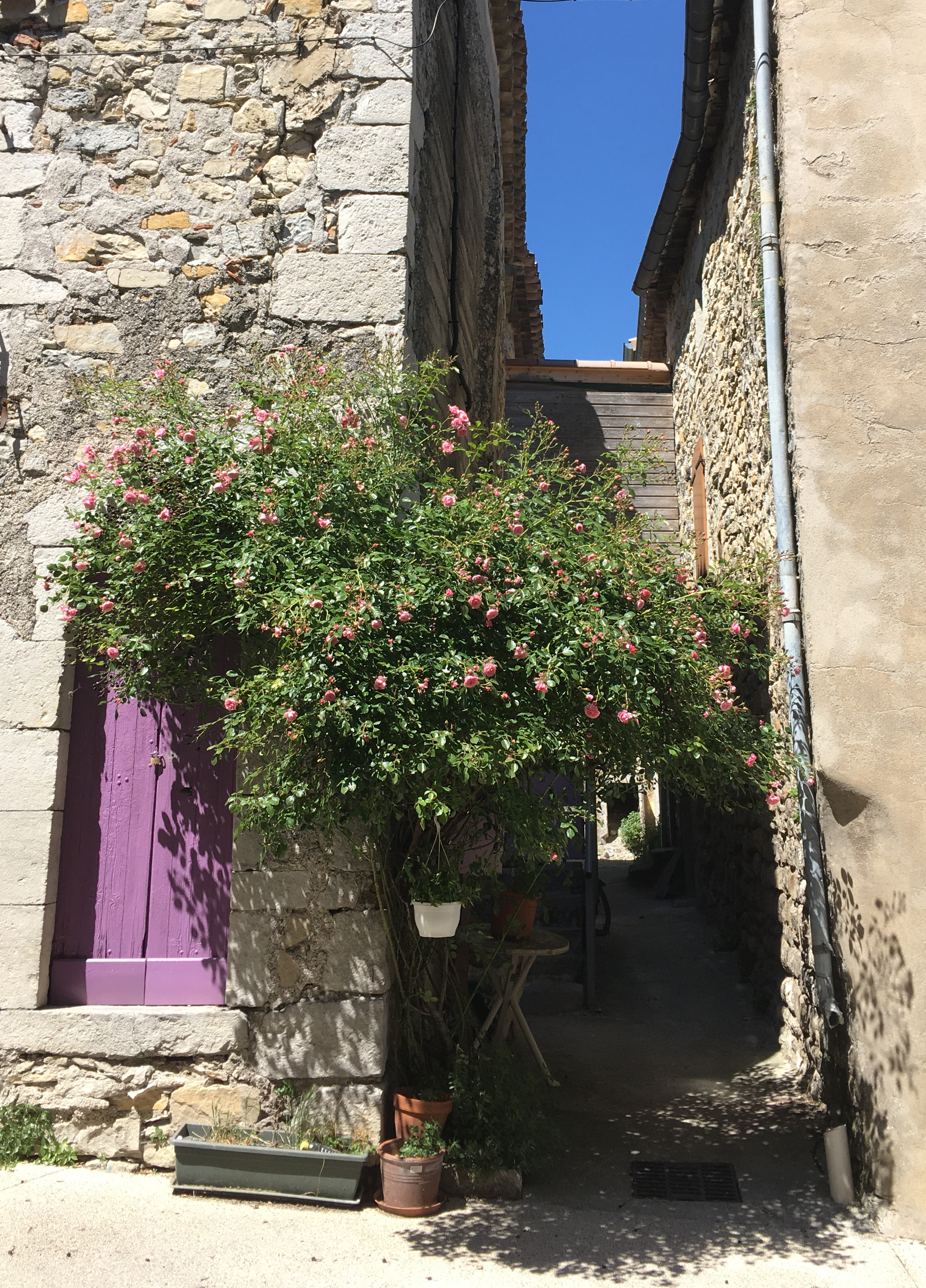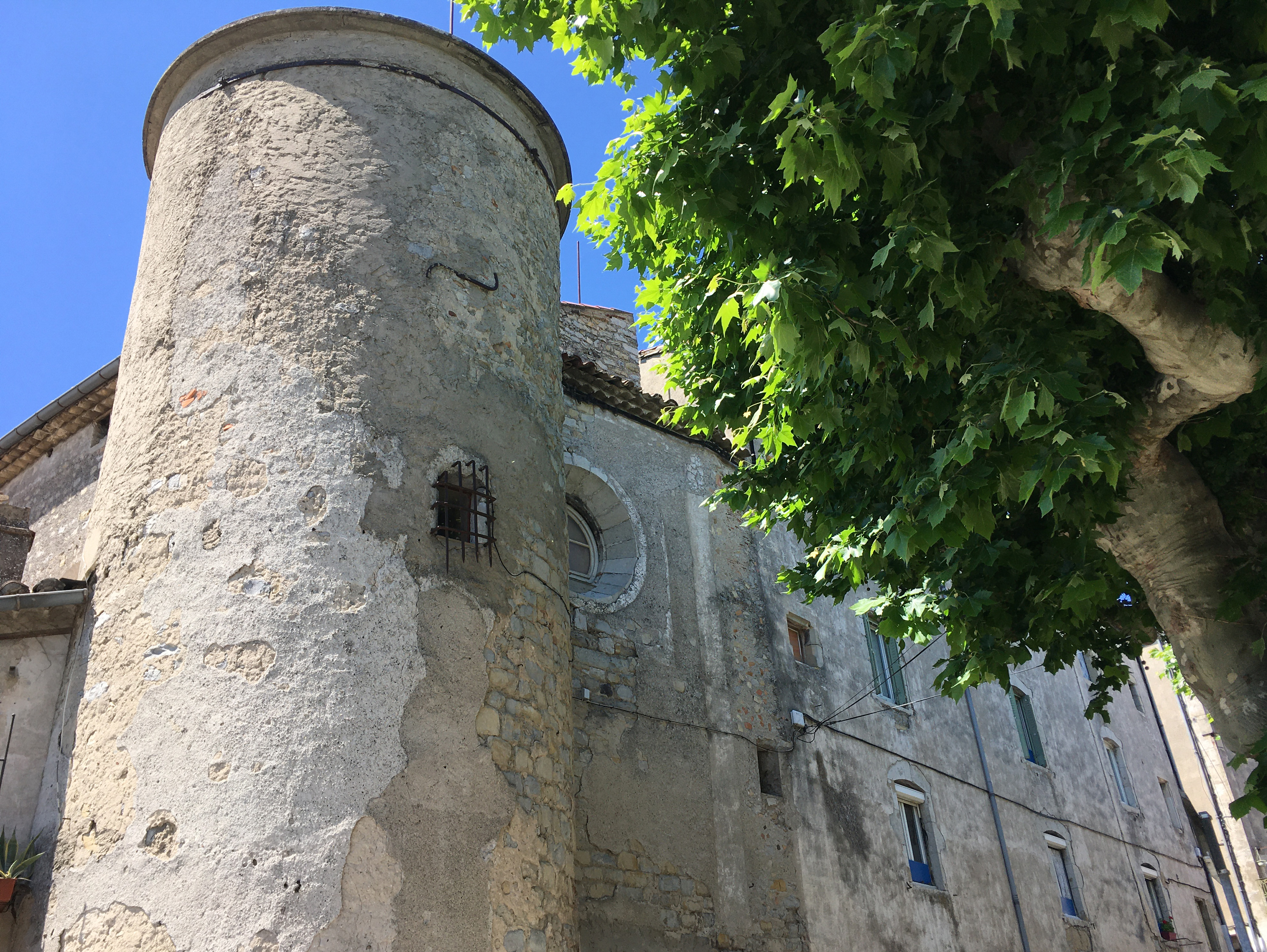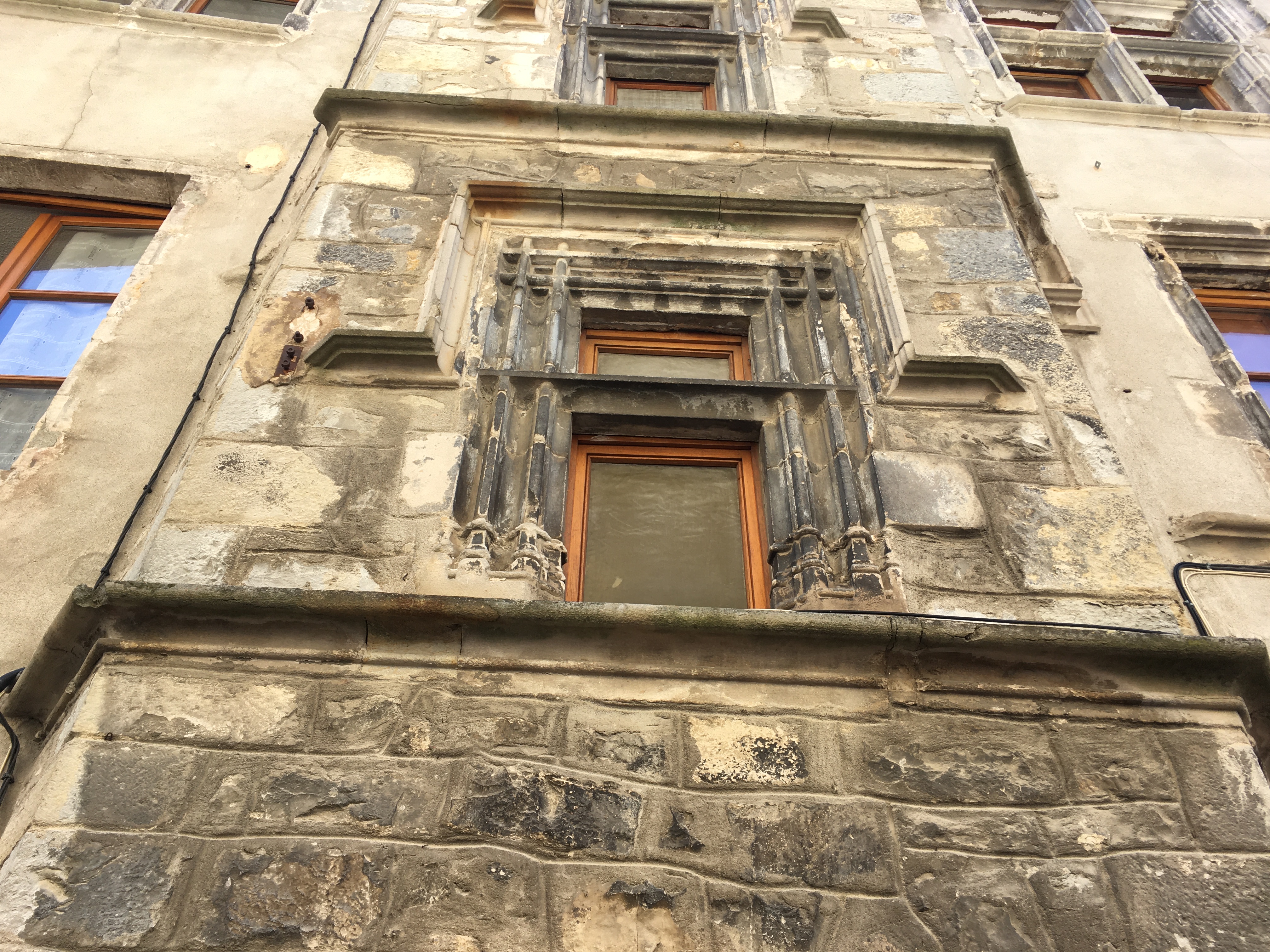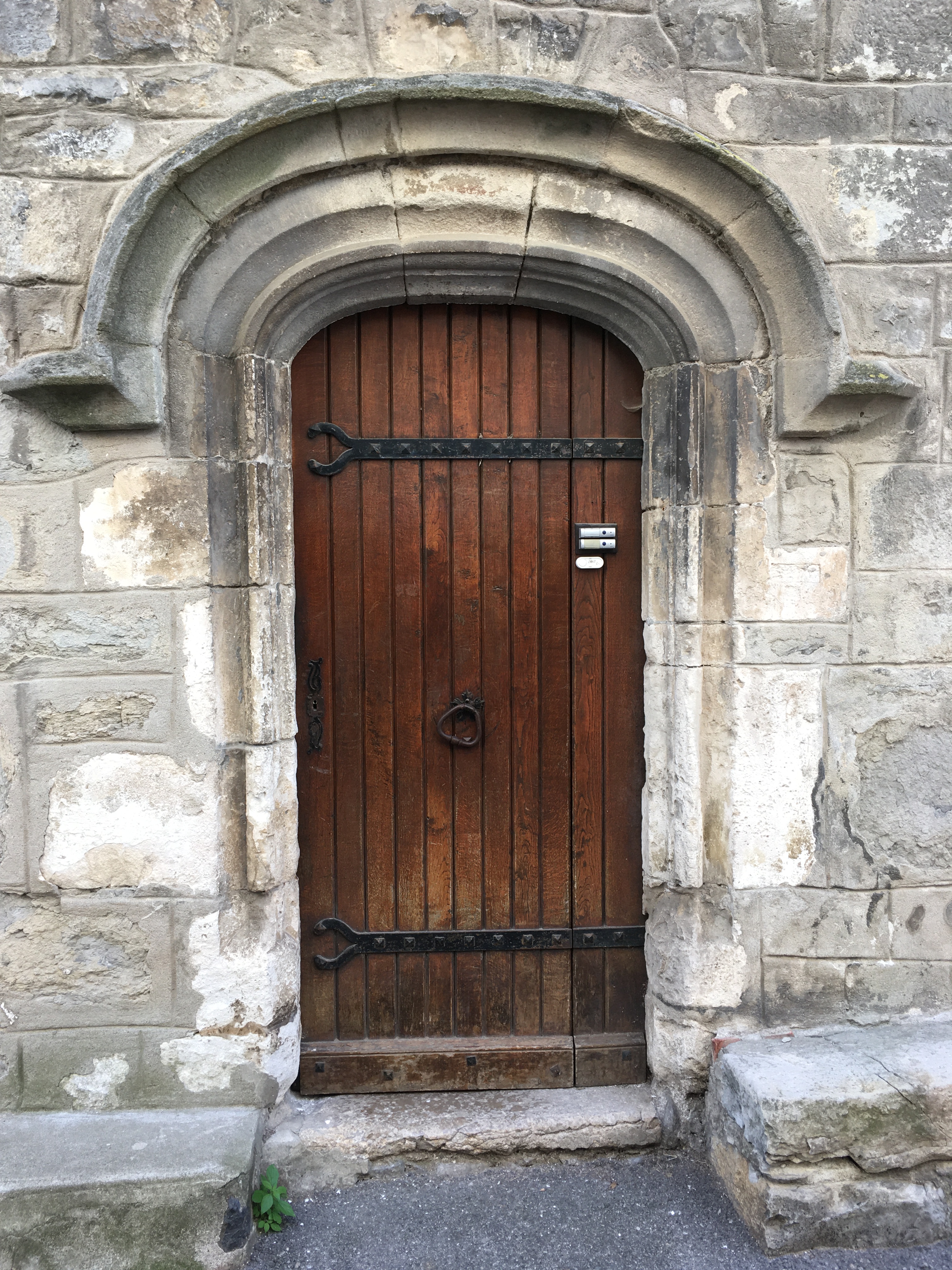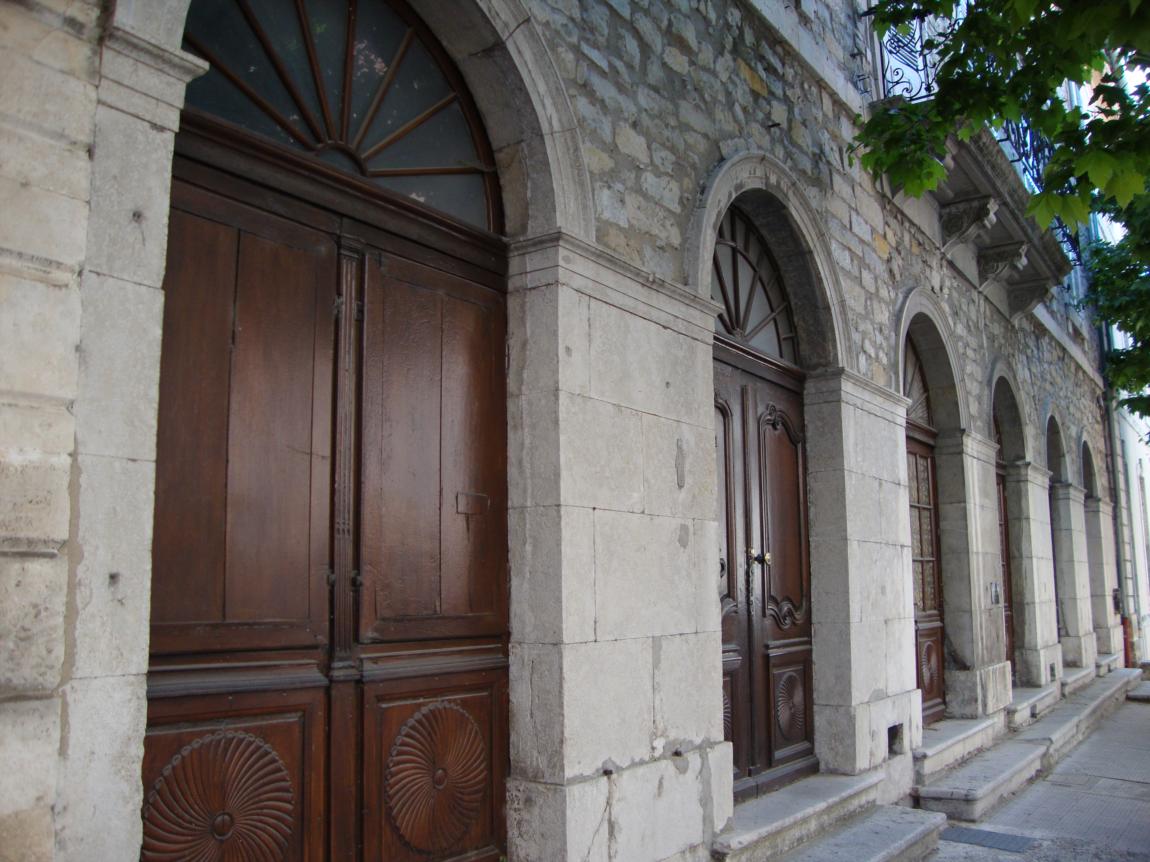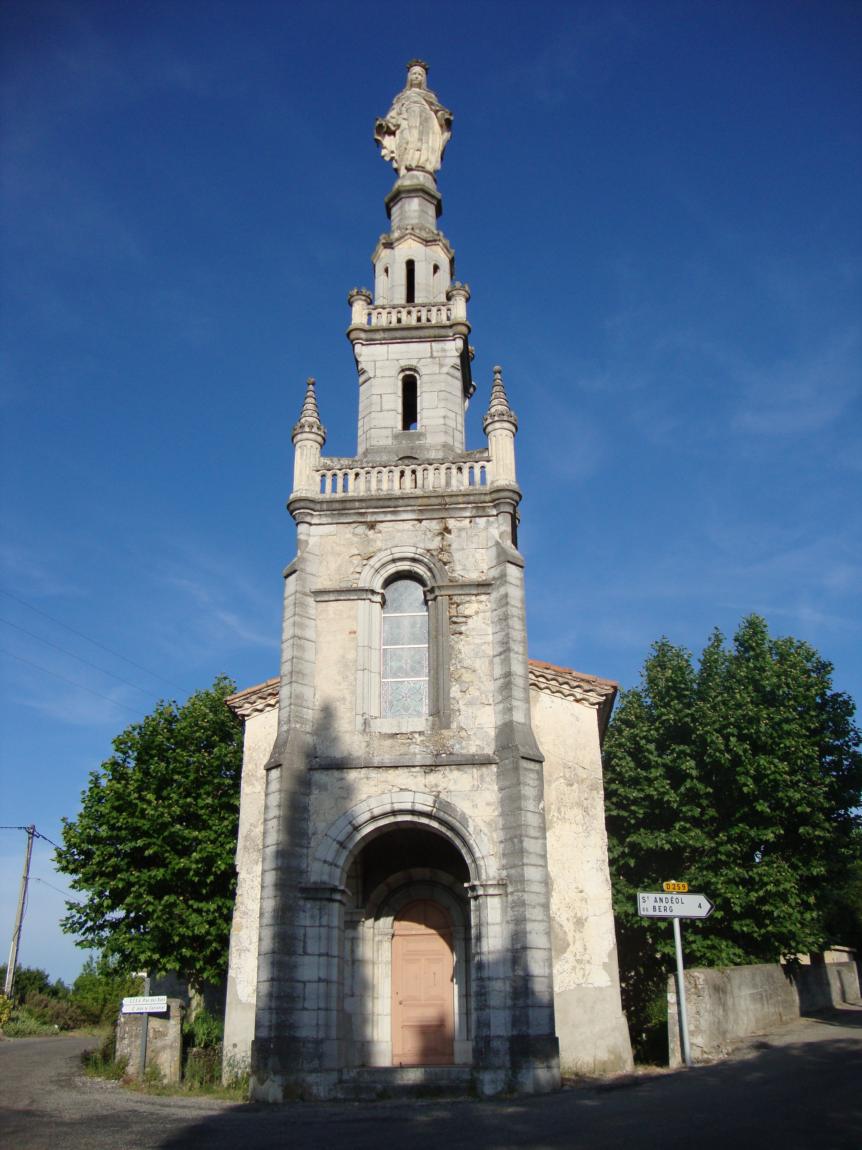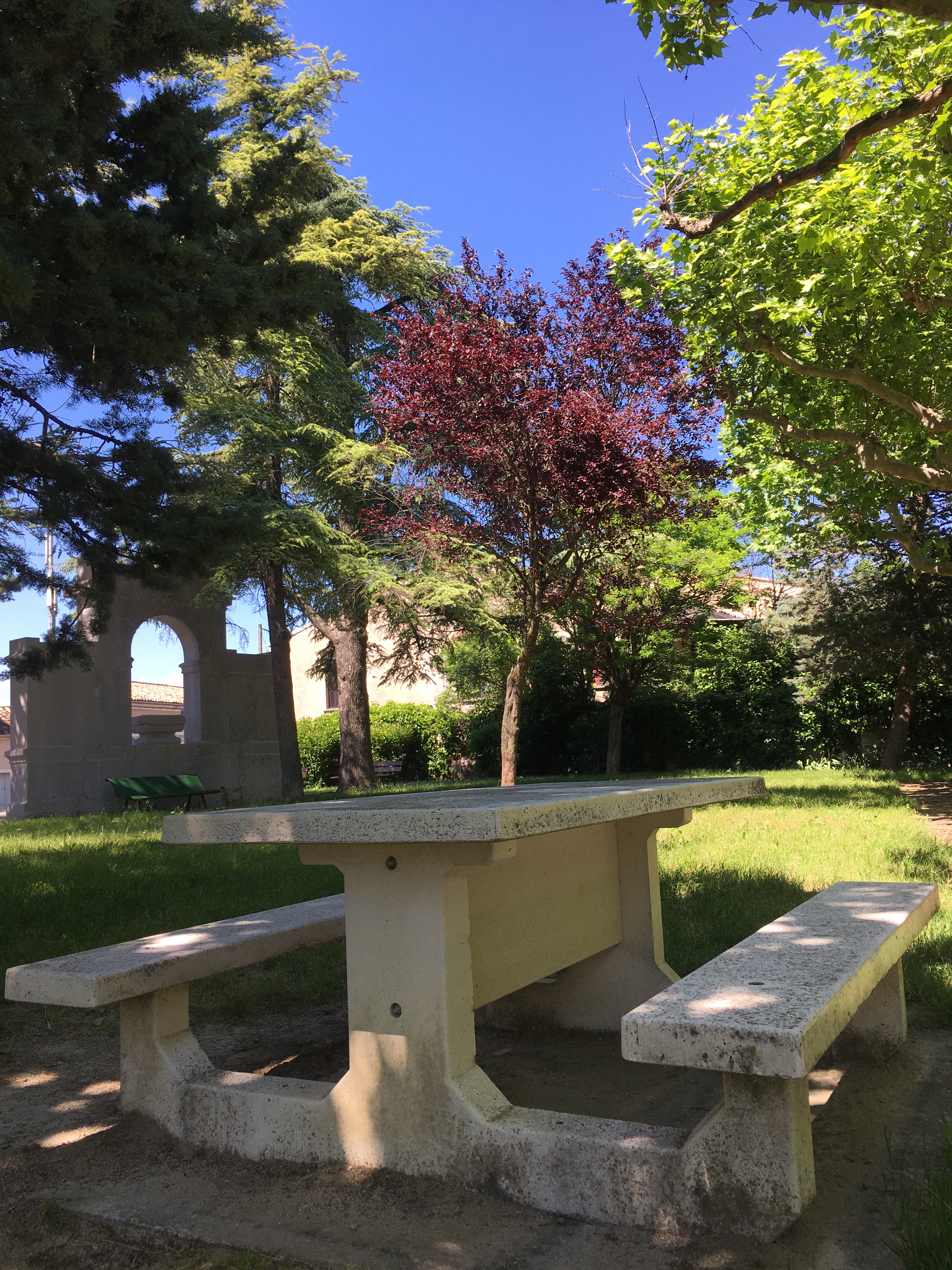Town of Villeneuve-de-Berg
The Bastide Royal was created in 1284 by an act of feudal association between King Philippe III le Hardi and the Abby of Mazon. This act installed the king's jurisdiction over all of Bas Vivarais or present southern Ardèche, and created a new city with its ramparts, angled towers, and fortified gates ready for war and adorned with the emblem or blazon of the city. The former house of the king is where the Mayor's offices are located today (below the Hall of Justice you can visit the former prisons).
From 1560 to 1621, Villeneuve was governed by Protestants (the tower of their temple still remains), one of their leaders was Olivier de Serres who's birthplace can be found in town (a cove with a statue of the Virgin Mary dating the 16th century is placed over his birth home). The remarkable architecture of the city with its private hotels dating the 17th century and 18th century that were owned by royal officers and magistrates are a testament to the importance of the city. At first a bailiwick and then an administrative center for water and the forest, eventually Villeneuve was promoted to a royal administrative center or seneschal in 1788.
City of ironmakers who gave birth Veyrenc, a famous ironmaker of Vivarias and celebrated in Picardie. Villeneuve has conserved magnificent balconies, imposts, and ramps (examples of this work can be seen at the Hotel du Senechal and the Cistercienne church of St. Louis).
Along the walkways of the village you will discover old sundials. In the central nave of the church there is a splendid altar table and chair dating the 18th century. There are a number of important personalities born in Villeneuve: Olivier de Serres, celebrated agronomist who developed the planting of mulberry trees and the breeding of silkworms. A bronze statue by Hebert representing the Protestant gentleman is located in town. Olivier's brother, Jean de Serres, was a pastor and historian to Henry the 4th. He played an important diplomatic role during the War of Religion.
Antoine Court is known as the restorer of French Protestantism, and is known as a man of liberty and consciousness. A recent sculpture dedicated to him by Daniel Souriou, has been placed in front of the statue of Olivier de Serres.


